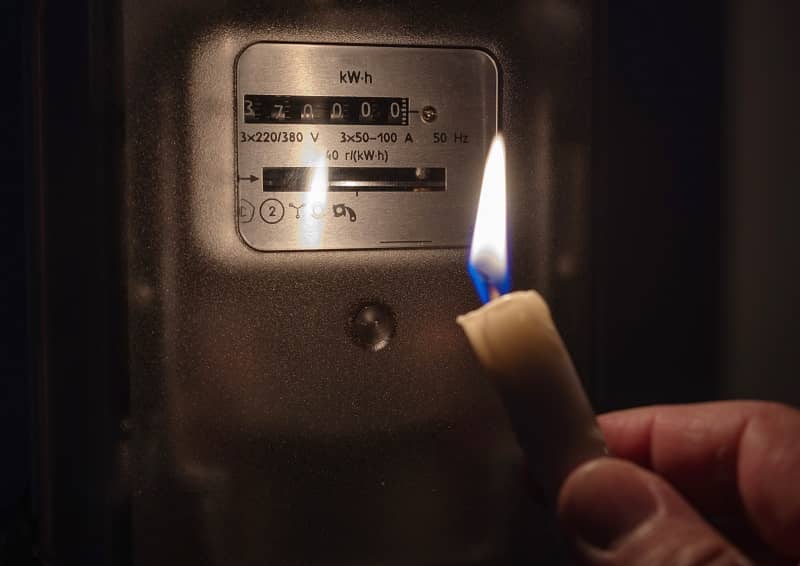
January 22, 2009
Testimony before the Senate Environment and Natural Resources Committee on Senate Bill 79, Requiring Energy Performance Certificates and Increased Building Efficiency Codes
Todd Wynn
Climate Change and Energy Policy Analyst, Cascade Policy Institute
My name is Todd Wynn, and I am Cascade Policy Institute’s climate change and energy policy analyst. Cascade Policy Institute is a nonprofit, nonpartisan public policy research organization that focuses on state and local issues in Oregon and has been active in the state since 1991. My research focuses entirely on Oregon public policy that involves energy, climate change and environmentally related issues.
This afternoon, I want to briefly speak about Senate Bill 79. There are really two parts to the bill that need to be addressed, and I will go over each separately.
The first goal of SB 79 is requiring energy performance certificates for new and existing residential buildings by January 1, 2011 and for new and existing nonresidential buildings that have an aggregate floor area of at least 20,000 square feet by January 1, 2012.
Requiring an energy performance certificate may be a good idea for helping consumers to have more information about the product, in this case a residential or commercial building. More information about a product will allow a consumer to make a well-informed decision about a purchase and to be able to effectively value the true amenities and performance of a building. However, I caution the legislature: Requiring energy performance certificates on existing buildings will be quite a task. It may be more prudent to require a performance certificate on existing buildings at the time that they are put up for sale or at a change of ownership.
The second goal of SB 79 is to establish stringent building codes that force builders to increase nonresidential building efficiency by 30% and residential building efficiency by 15% by a deadline of January 1, 2012. These intermediate goals are meant to guide builders to an eventual goal of net zero emission buildings by January 1, 2030.
The unfortunate reality about the second part of this bill is that it is entirely counterintuitive. Once adequate information problems have been solved through performance certificates, building code mandates are indefensible because they violate sound economic principles about the optimal manner in which choices are made. No one can be a better judge of what is best than a well-informed consumer, given that performance preferences vary by individual. The push for performance standards like the energy efficiency goals in SB 79 is truly unnecessary and redundant with better consumer information.
SB 79 makes it seem easy to pass mandates that force home and business construction to become energy efficient or, in this case, zero emission. Although passing the bill may be easy, achieving that goal is the true challenge. If a goal of net zero emission homes and buildings were mandated and stringent building codes were enforced, this would significantly increase the cost of homes and commercial buildings in Oregon and would have far reaching economic effects due to inflated commercial and residential building costs.
The government is supposed to reflect the needs/values/desires of the people that it represents. If Oregon citizens want extremely efficient buildings, then they will demand it via the market, and construction companies will respond to this market demand by providing these types of buildings. Forcing builders to provide a “product” that may not be valued as much by consumers will put even more pressure on a sector of the economy that is doing poorly in this economic downturn.
I urge legislators to allow the energy performance certificate requirement to pass but with caution regarding existing buildings and, more importantly, to repeal the building code mandates in this bill.
Thank you very much for your time.











